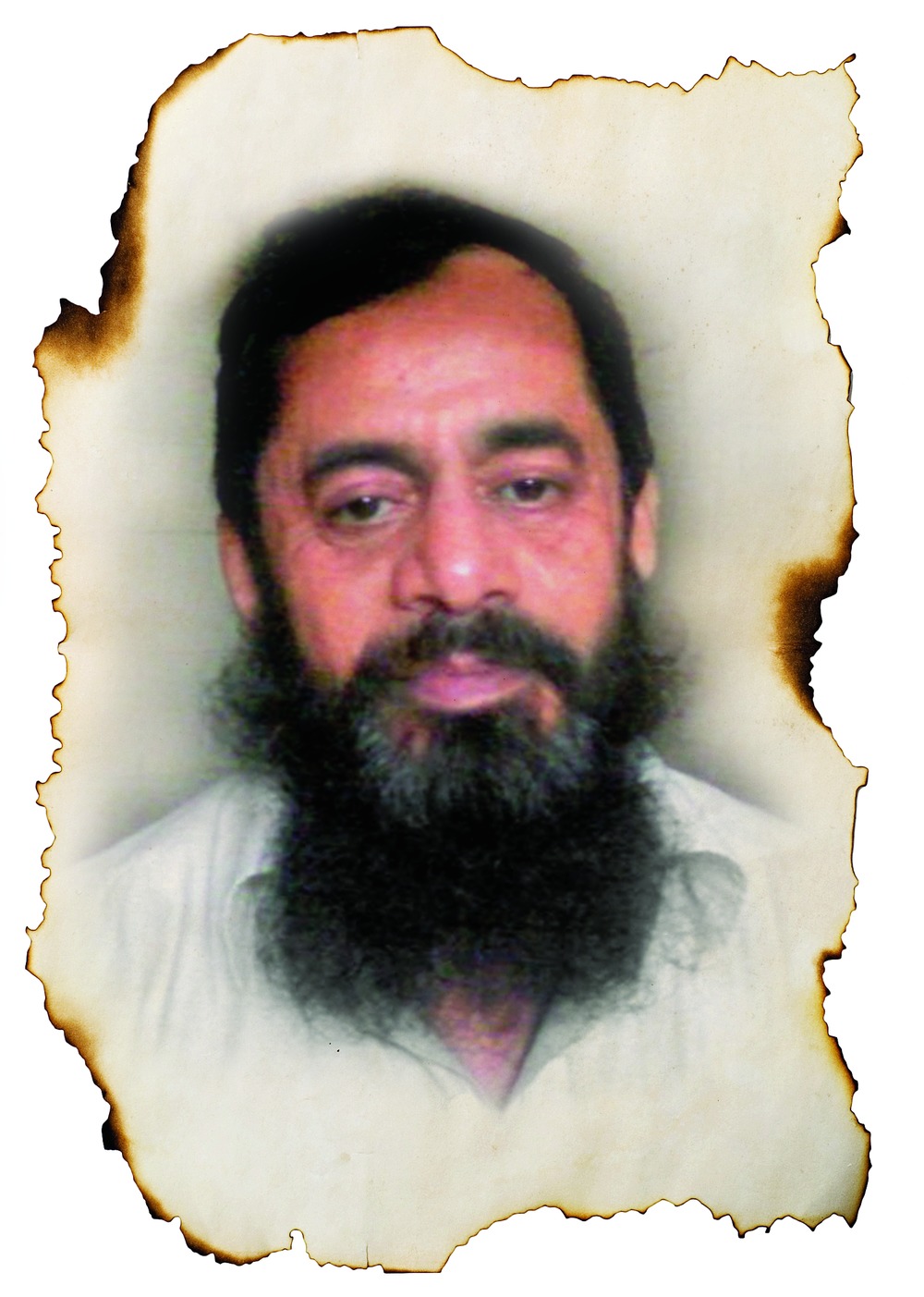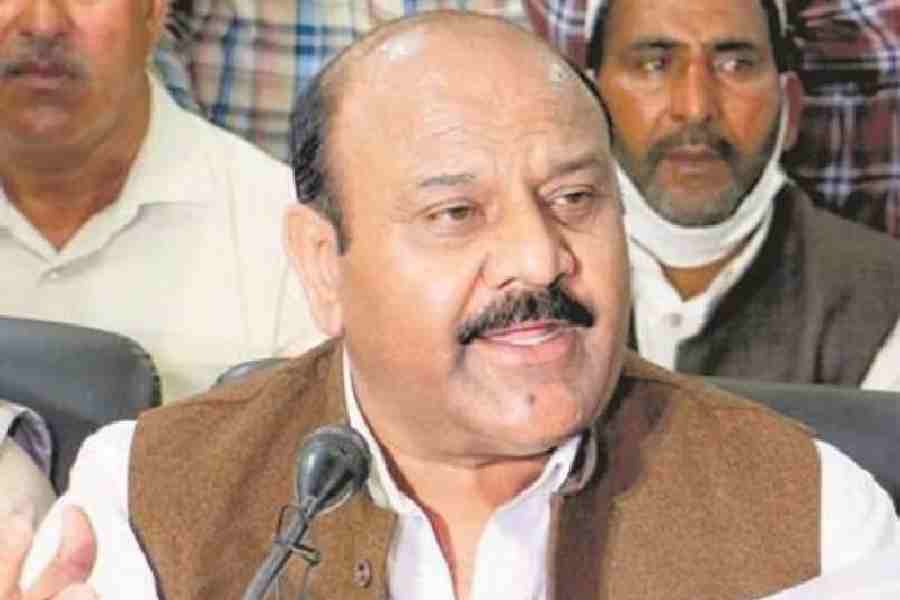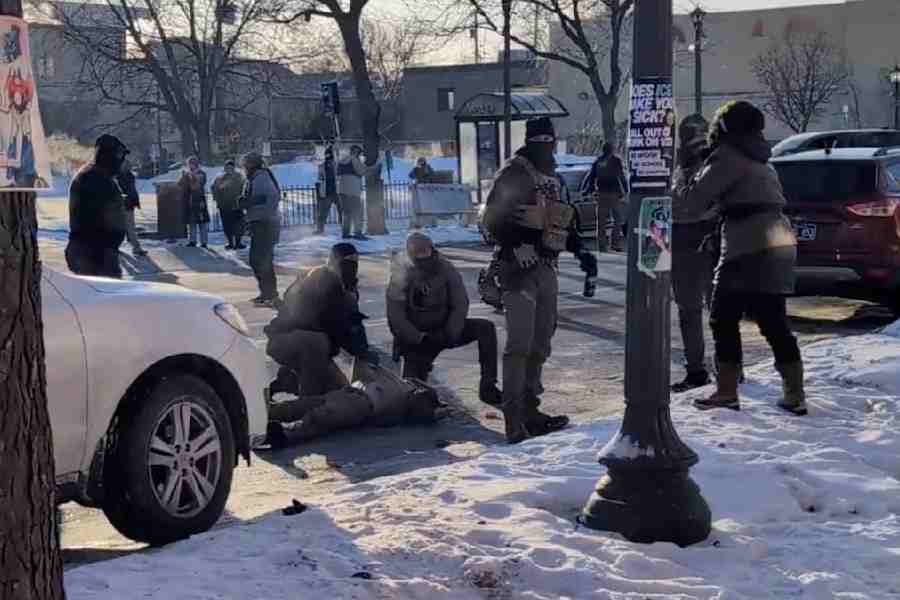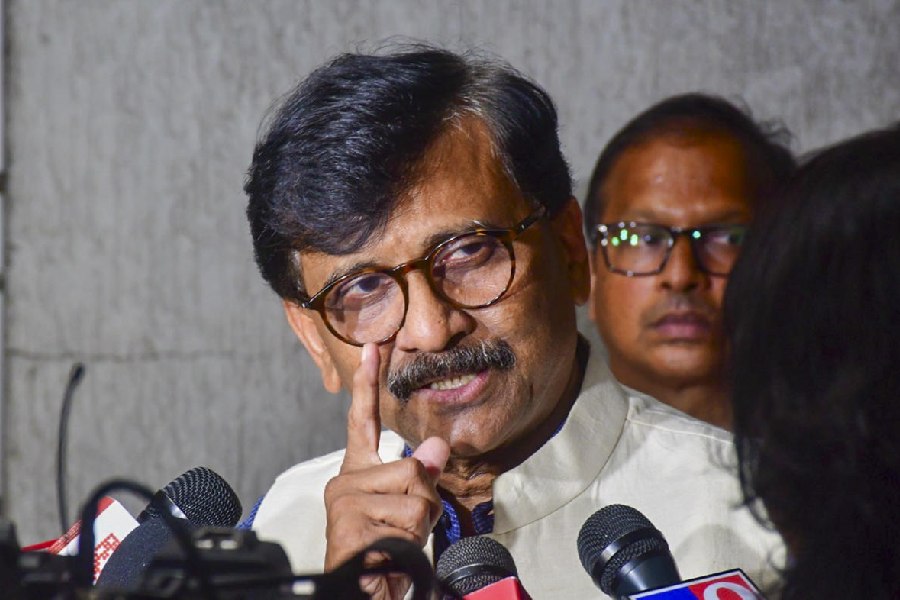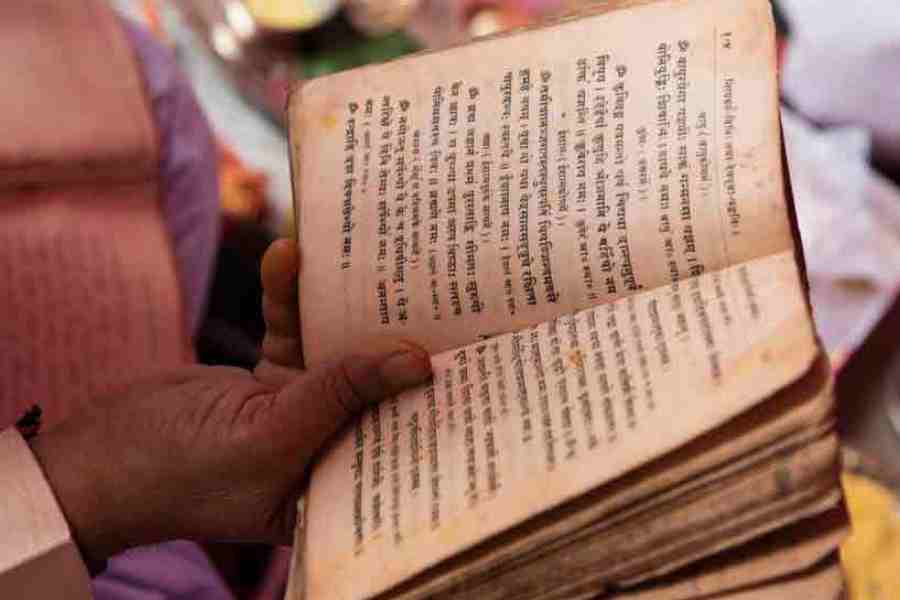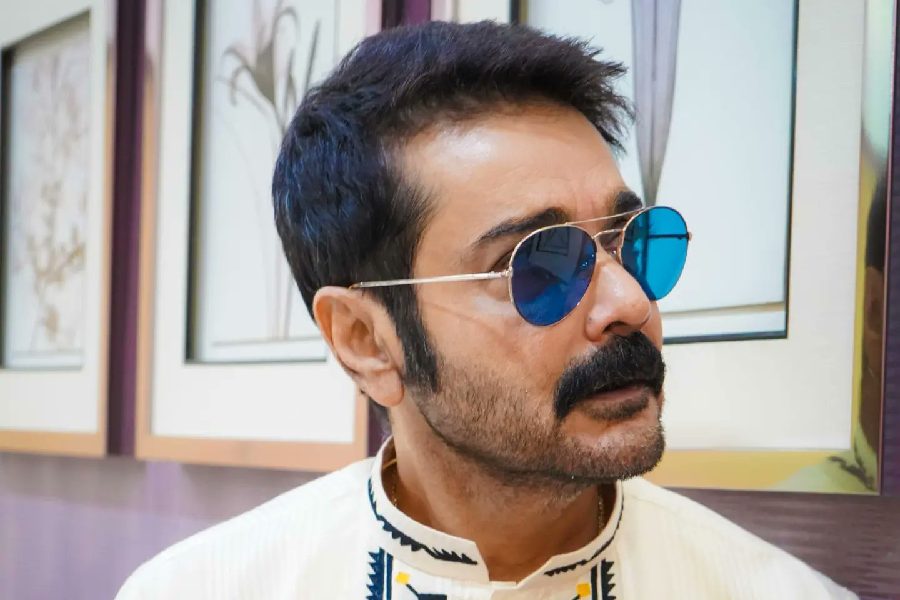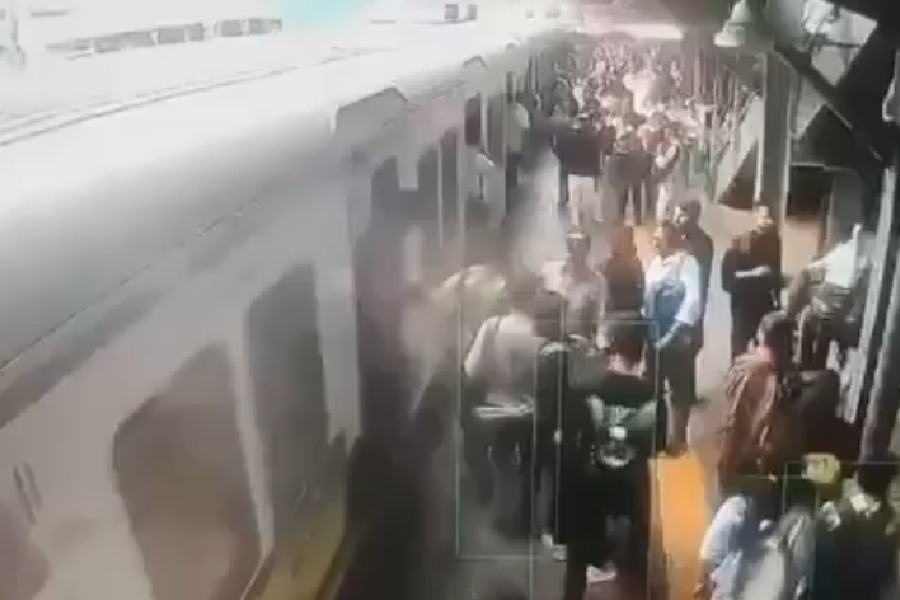
At five feet two inches, Saquib Nachan looks like he could not harm a fly even if he tried. The former general secretary of the banned Students Islamic Movement of India (SIMI), is 58, frail, sports a long beard and short hair; his cheeks are sunken and there are dark circles under his eyes, possibly from lack of sleep. His forehead has a circular discolouration, a sign of excessive prostration in prayer, common among devout Muslims. Nachan, who is currently lodged in Thane Central jail for an attempt to murder advocate Manoj Raicha, apparently refuses to break bread with other Muslim inmates during Ramzan if he knows their source of income is suspect.
He sits outside the court in Thane, about 20 kilometres north-east of central Mumbai, with his son, a co-accused, patiently awaiting his turn.
The string of charges against Nachan: masterminding the Mulund bomb blasts of 2003, three murders and one attempt-to-murder. He was also accused of fighting with the Afghan Mujahideen against the Soviet army in the 1980s, indoctrinating Indian youth who were eventually sent to Pakistan for arms training, and maintaining connections with ISI-backed Afghan warlords. He was arrested in 1992 and convicted in 1997 along with Lal Singh, a Khalistani terrorist, for life by a Terrorism and Disruptive Activities (Prevention) court.
The Supreme Court later turned the punishment to 10 years in jail. Nachan and Singh had apparently gone to Madras to survey the stock exchange building with an eye on orchestrating blasts.
Nachan's tired eyes laugh as he speaks; his gaze has a softness to it, unlike the steely stares of the likes of Sayeed Salahuddin or Masood Azhar. The state believes him to be a terrorist, Nachan disagrees. He calls himself an activist, and as Indian as anyone can get. He talks of the time his father, Abdul Hameed, a senior Congress functionary, hosted Sarojini Naidu and other Congress leaders in his house and how they together hoisted the Tricolour.
So how did this Tricolour-hoisting family fall foul of the law?
Nachan's story begins in Padgha-Borivali, twin villages on the Mumbai Nasik Highway, 65 kilometres from Mumbai. Padgha was and is habited by Hindus and Borivali by Muslims. The two communities are said to have lived together peacefully for centuries till the advent of the Shiv Sena in 1966.
In 1970, the Hindus of Padgha set a nearby forest ablaze to economically cripple the Borivali Muslims for whom the forest was a source of livelihood. Nachan recalls coming home from school and looking at the raging forest fire. It's been 46 years, " Woh sholay meri ankhon ke saamne aaj bhi jalte dikhayi dete hain (I can still see those flames dancing before my eyes)," he says.
Nachan does not say if it was those flames from the forest fire that sparked off a lifetime of mutiny. But he admits that it tore him up. "I could see from my house, the fires raging in Bhiwandi... In Titwala, an entire hamlet of Muslims was wiped out. Pregnant women were not spared. jihad or terrorism is a recent phenomenon. Our reason was clear - we had risen against injustice to Muslims."
The Muslims of Padgha-Borivali follow Shafii, one of the four Sunni schools of Islam - the other three are Hanafi, Hanbali and Maliki. But Nachan's father-in-law introduced him to Salafism, a radical and orthodox form of Islam. Those were the days when SIMI was active among Muslim youth; Nachan signed up. Eventually, SIMI split into two groups and Nachan joined the C.A.M. Basheer faction which advocated aggression and violence to make their voices heard.

What he did not bargain for was that he would become fodder for scavenging terrorists and espionage agencies from across the border eager to advance their own agenda. Intelligence agencies claim he made four trips to Pakistan and from there to the Afghanistan border where he fought against the Soviets. His Pakistan trips upped the antennae of the Indian intelligence agencies. They believe Nachan also got drawn into the K2 plan of the late Pakistani dictator Zia-ul-Haq who wanted to combine Kashmiri and Khalistani militancy and make a two-pronged assault against India.
Among the Muslims in Padgha-Borivali, Nachan was a local hero. It is said that 13 years ago when encounter specialist cop Pradeep Sharma came to pick him up for the Mulund blasts, the village of 10,000 people surrounded him and refused to let him whisk Nachan away.
If Padgha-Borivali was loyal to Nachan, he was equally devoted to the Muslims of the area. And though he was acquitted of all charges in the three murder cases against him, it is a fact that all the victims were in some way or the other working against the Muslims of Padgha-Borivali. Victim 1. Lawyer Suresh Shekhar was a vigilante who had got one of the local boys arrested for being a SIMI member. Victim 2. Advocate Lalit Jain was fighting against cow slaughter in Bhiwandi (Padgha-Borivali is in Bhiwandi Taluka). Victim 3. Tariq Gujjar, a hotelier and politician from Padgha, was working against Nachan's influence in the area.
Raicha, who escaped death, belonged to the Vishwa Hindu Parishad and was also known to campaign against cow slaughter in the area.
After the 26/11 Mumbai attacks, Nachan moved an application in court offering to bury the nine Pakistani terrorists in Padgha-Borivali. He said even Hindu scriptures mentioned that despite being an adversary, in death Ravana was accorded due respect by Ram and his last rites were performed. The judge dismissed his application.
Nachan has been fighting his own cases since 2004, when the Bar Association of Thane and Bhiwandi refused to represent him in his legal defence against the state as he was accused of murdering two lawyers. The commerce graduate burnt the midnight oil in prison to prepare his own brief, made 300 RTI applications and formulated his own defence strategy. None of those struggles, not all the years of incarceration have made Nachan in any way bitter or frustrated. "When I was first arrested [in 1992], I was a father. Today, I am a grandfather," he says softly, smiling his good-natured smile. Could it be he senses he may be out of jail soon?

